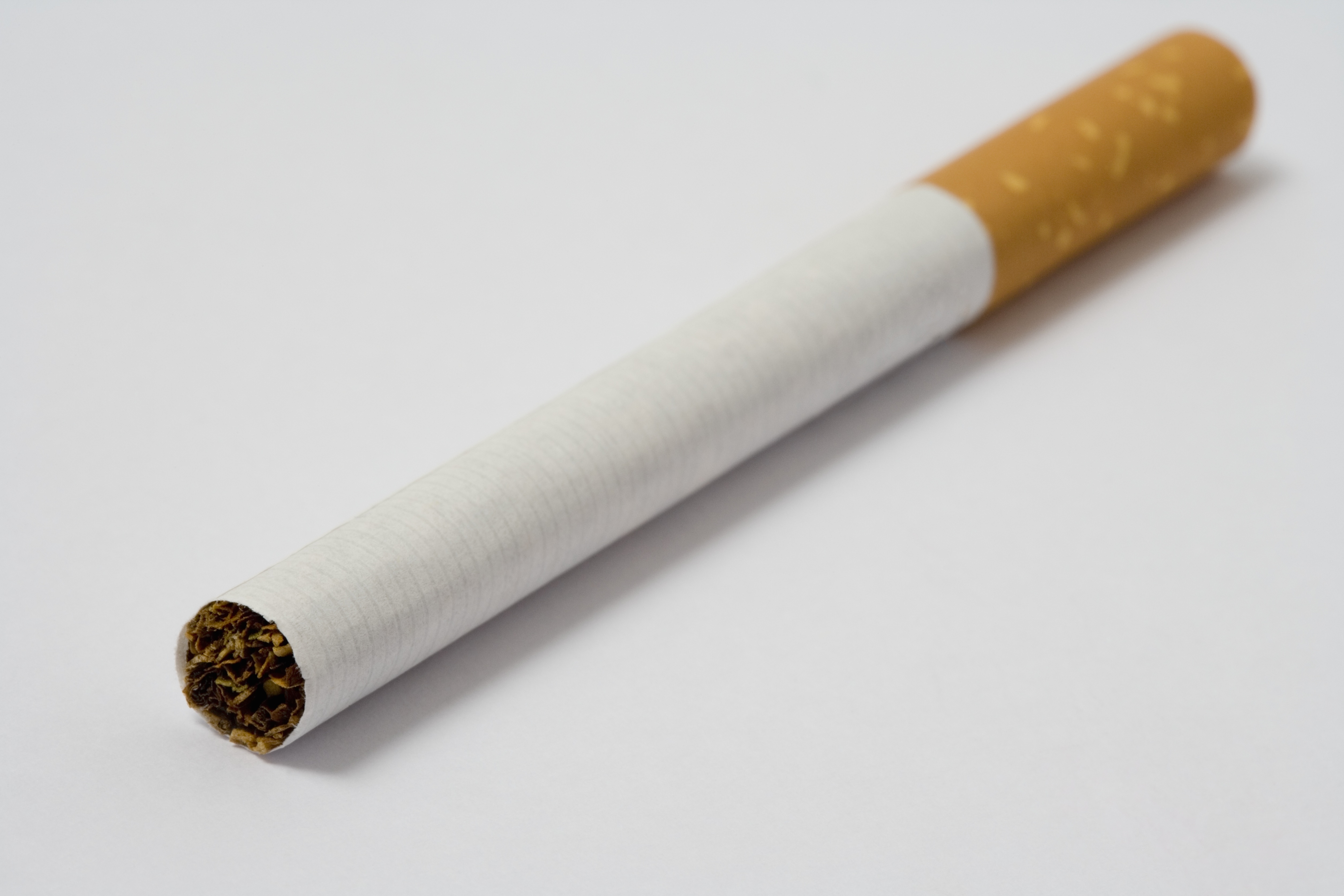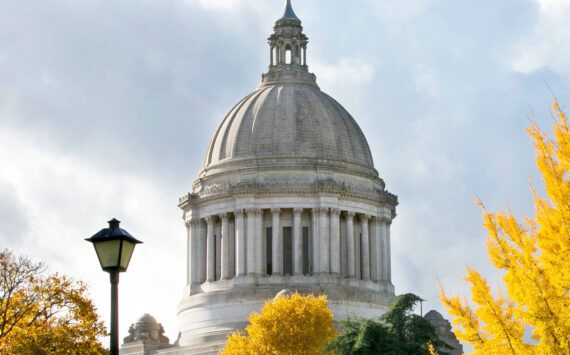It’s been widely reported that smokers got a bit of a break in last minute tweaks to the implementation of the Affordable Care Act, or Obamacare.
Still, smokers will pay a hefty penalty for their habit, numbers released by the State Insurance Commissioner show.
Working with the commissioner’s office, we ran a bit of a thought experiment: We imagined a smoker who currently doesn’t have health insurance, and thus doesn’t currently pay any insurance penalty for his nicotine addiction.
On January 1, the smoker will be compelled by federal law to have health insurance, and will likely turn to the newly created health insurance exchange to buy his plan. Based on prices released earlier this month by the State Insurance Commissioner, the smoking habit will cost him some serious cash.
On average, Group Health Cooperative will charge 20 percent more for a smoker, the exact percentage being higher or lower depending on his age.
That’s the most severe, but other plans will still sting: LifeWise will charge 7.5 percent more for a smoker; so will Premera.
One plan on the exchange offered by BridgeSpan will charge more than $100 more per month for a 61 year old smoker than it does for a nonsmoker of the same age. That, obviously, adds up to a total extra tab of $1,200 over the year.
Even those who currently have health insurance could get stung by Obamacare: While the law bars insurance providers from denying or pricing-up coverage to people in most high-risk health categories, it actually increased the limit on what insurers could charge smokers.
“A smoker’s rate could be 50 percent more, if the company could justify it,” said Stephanie Marquis with the Insurance Commissioners office about the new rules on the books. Lucky for Washington smokers, “none of the companies that filed plans had a difference that great.”
Still, the bottom line is that by compelling people who have both smoked and till now stayed out of the insurance market to now buy insurance, the federal government is essentially attaching another significant financial burden on cigarettes.
Will that lead more people to kick the habit? Research regarding tobacco taxes proves that increasing the cost of smoking does have a downward affect on nicotine use. As stated by the Washington Post:
Researchers have conducted over 100 studies that have “clearly and consistently demonstrated that higher cigarette and other tobacco product prices reduce tobacco use,” Frank Chaloupka, a professor at the University of Illinois in Chicago, writes. While tobacco is an addictive substance, demand tends to be surprisingly elastic: Price increases have reliably shown to decrease cigarette purchases.
That said, cigarette taxes are levied directly on the pack, while higher insurance premiums are an indirect cost of the habit. Calls around to smoking prevention experts suggest the issue hasn’t been fully studied. That could change come January 1.








